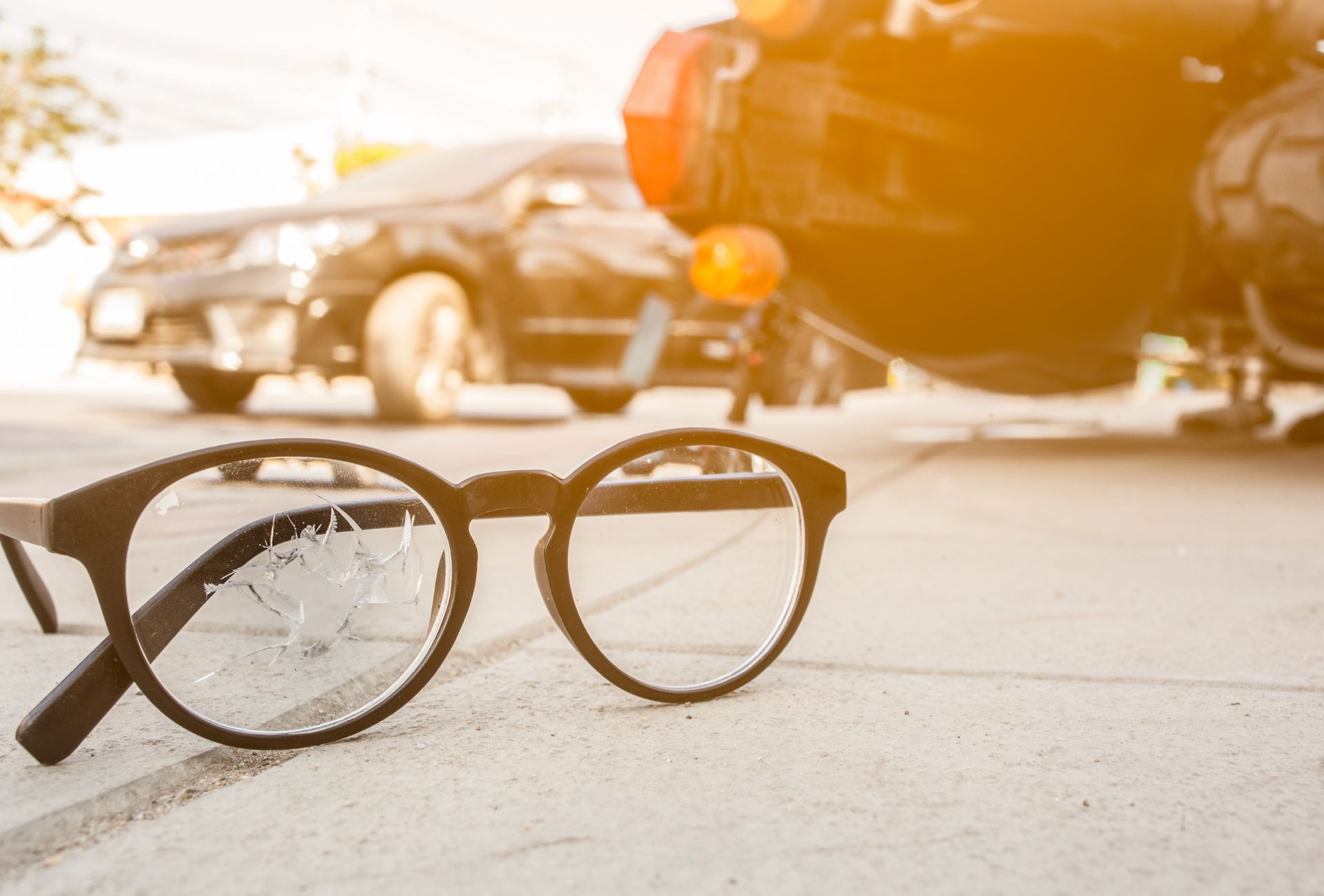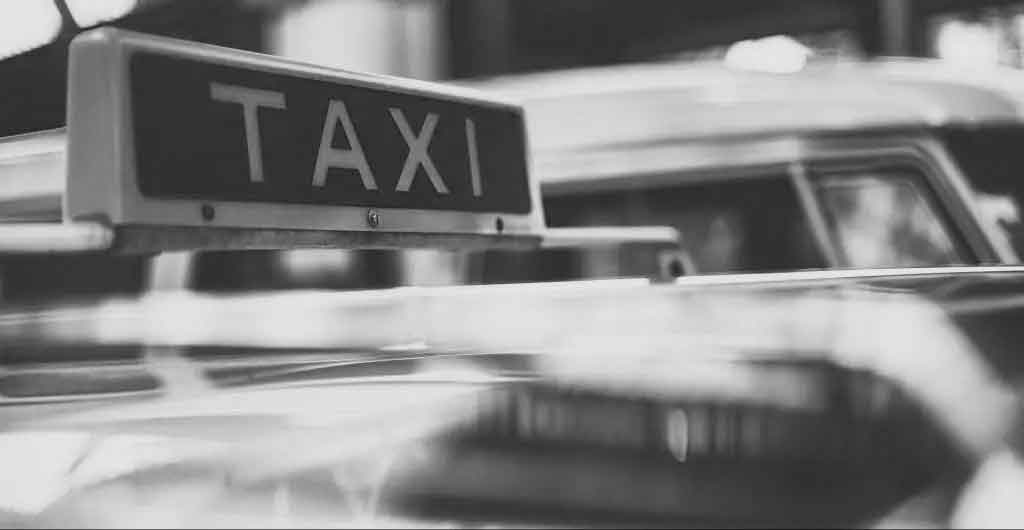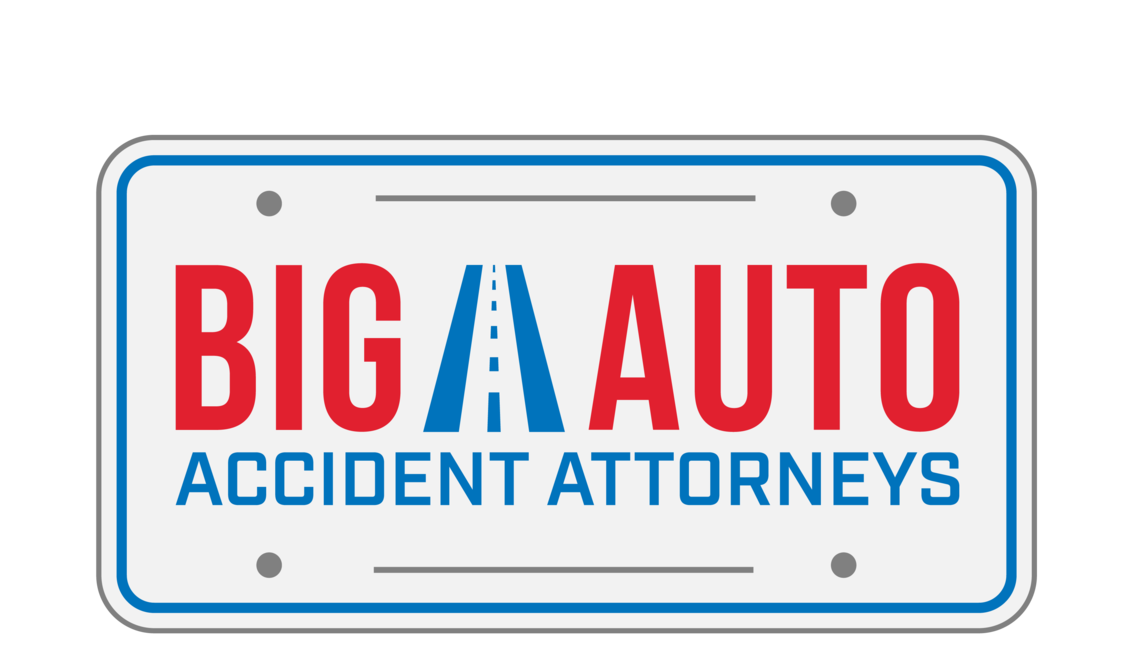Rental Car Accident Lawyer BIG AUTO
FREE CASE REVIEWYOUR NATIONAL TEAM
BIG AUTO has won MILLIONS for their clients
A car accident is inconvenient in any situation, but it can get downright complex when it involves a rental car. Who pays for the resulting damages, and what happens if you get injured? Unfortunately, the answer depends on the circumstances. The good news is that no matter the situation, an attorney can help you get your due compensation.
You Need Big Auto.

Your message has been sent
Thank you for contacting Big Auto, a representative will be in touch within 24 hours.
What to do after the accident


1 (844) BIG-AUTO
Where Can You Find an Experienced Rental Car Accidental Attorney?
If you need a rental car accident lawyer, Big Auto Accident Attorneys can help. Our lawyers have extensive experience with personal injury cases and fight for the compensation you deserve. If you’ve sustained an injury in an auto accident, contact us at 1-866-698-8075 for a consultation.
To learn more about your rights after an accident, call us today at 1 (844) BIG-AUTO
How much does it cost to start my case?
If we don’t win, your case is free. When we take on your case, we’re confident we can obtain a recovery you’re entitled to. In fact, we won’t charge you anything if we don’t win for you.
FREE CASE REVIEWCase Type FAQ
Who Pays for Damages in a Rental Car Accident?
For rental car customers, the important question is: Who pays? We know an accident can have a tremendous impact on personal finances just when you need funds the most.
Like accidents involving driver-owned vehicles, the burden of paying for a rental car accident generally falls on the person responsible for the collision. For example, if the other driver runs a red light and hits you, that driver caused the accident by violating the law and, therefore, has to pay.
However, there are less clear-cut situations. What happens if a driver runs a stop sign and hits you, but you were speeding? Technically, both parties are at fault. In this case, each driver’s insurance covers a portion of the costs equal to the driver’s percentage of responsibility. Determining the exact numbers can get messy, as each insurance company will likely fight to pay as little as possible.
There’s also a chance that neither driver is at fault. Let’s look at a hypothetical: There’s a four-way intersection with stop signs on the road running north/south. The east/west traffic doesn’t have to stop or even slow. Unfortunately, there’s overgrown foliage blocking the line of sight for the east/west road. A driver going south stops, believes the road is clear and proceeds. Unfortunately, the diver strikes the car going east despite genuine efforts to avoid a collision.
Each party acted according to their best judgment, but the environment made it impossible to be 100% safe. In this case, neither party has liability.
However, the local government might. If the municipality knew about the overgrown foliage and its danger, it may be liable for damages.
What about the rental car company? Can you sue a rental car company if someone driving its vehicle hits you? Due to the 2005 Graves Amendment, the answer is usually no. However, there are exceptions, which the plaintiff must prove in order to get compensation.
Property Damage
Figuring out who pays for damage to a rental car can get complicated, especially if the driver is at fault. Do you have to pay the rental car company if you wreck their vehicle?
If you have personal car insurance (as most states require), the answer is no. Your insurance company will cover the expenses and communicate directly with the rental car company. Your rates may increase, but you shouldn’t be on the hook for thousands of dollars in repair bills.
Rental companies also offer additional insurance when you pick up the vehicle. These tend to be piecemeal, and costs can add up quickly if you purchase them all:
- Personal Effects Insurance: This policy covers renters’ personal belongings held in the vehicle. If they’re damaged or stolen, the renter will receive compensation.
- Damage Waivers: Should you get in an accident or otherwise damage the rented car, this waiver exempts you from paying for repairs (with exceptions).
- Personal Accident Insurance: In the case of an accident, this insurance pays your and your passengers’ medical expenses.
- Supplemental Liability Insurance: This policy provides liability insurance on top of your personal insurance coverage.
Finally, you can get insurance for rental cars through certain credit cards:
- American Express Green Card
- Chase Sapphire Reserve
- Capital One Visa
- Bank of America Travel Rewards
- Navy Federal Credit Union Mastercard
However, these policies often have limitations, so read the fine print carefully before relying on them.
Another thing to keep in mind is that you or your insurance company may have to pay for repairs even if you weren’t legally at fault. Some rental car companies include clauses requiring customers to pay for damages and get reimbursed. These clauses allow the rental companies to recoup losses quickly and limit business impact.
Medical Expenses
Payments for medical expenses generally follow the same course as property damages. However, the ramifications of injury can be significantly more severe than vehicle damage. With the latter, you’re without a car; with the former, your entire life may have changed.
With several insurance companies involved, you may get all of your medical expenses covered. Unfortunately, there’s always the risk of delay should an insurer decide to fight the claim. Meanwhile, you may have to go into debt to get your health care needs met.
There’s also a matter of chronic conditions, such as paralysis. Long-term medical conditions may make you eligible for further compensation for the following:
- Pain and suffering
- Lost wages if you can no longer work
- Loss of enjoyment in life
To claim what’s due, you’ll need to file a lawsuit within the statute of limitations. Therefore, it’s crucial to retain an attorney as soon as possible.
How Can a Rental Car Accident Lawyer Help?
The aftermath of a car accident can be chaotic, especially if you sustain an injury. However, there are three entities you should contact to ensure a just outcome:
- The police
- Your insurance company
- An experienced rental car accident attorney
A lawyer can help you in the aftermath and determine whether you have a case. For example, your attorney can review the facts and advise whether you can sue the rental car company under the exemptions carved out by the Graves Amendment. According to this legislation, if plaintiffs can prove the rental car company was criminally negligent, the defendant may owe them compensation.
For example, if the company knowingly rented a car to a customer who shouldn’t legally have one, and that customer hit you, you may have grounds to sue. Similarly, if the rental car company skipped necessary vehicle maintenance despite knowing it would pose a danger to customers and this decision led to the vehicle failing and causing a collision, the company would also be negligent.
Attorneys can also estimate potential compensation based on past cases. With this information, you can decide whether or not litigation is a path you want to take.
Negotiate With Insurance Companies
Insurance companies are businesses, which means their goal is profit. Unfortunately, that can come at the expense of customers.
In contrast, your rental car accident lawyer fights for your best interests. Attorneys meet with the insurance company on your behalf, becoming your point of contact for the process. Not only does this put you in a better negotiating position, but it also relieves the stress of interacting with your insurance company. It’s no secret that some insurers make the claims process overly complicated to deter customers from fighting a decision. A law firm has a team of experts who track documents, deadlines and communications so you can focus on recovery.
Additionally, an experienced attorney can get a better settlement than if you go it alone. Insurance companies retain their own lawyers who specialize in these types of negotiations, which puts you at a disadvantage if you don’t have representation. A lawyer will also be familiar with a fair settlement price and recognize if an insurer is lowballing. Without similar experience, you may not realize if an insurance company’s offer is much lower than you deserve.
Litigate Liable Parties
Sometimes, negotiations break down, and the only recourse is going to court. In this situation, having a lawyer is more important than ever.
First, personal injury law is so complex that it’s nearly impossible to represent yourself. Each state has its own laws governing the matter, which are subject to change as new legislation gets introduced. Keeping up with these changes is part of attorneys’ jobs, ensuring they can effectively argue on their clients’ behalf.
Having a law firm at your back can also help you avoid burnout. Civil cases are long processes with many steps:
- Filing a complaint
- Defendant filing an answer
- Depositions, discovery, motion filings and pretrial hearing
- Trial
- Appeals
The entire process can take over a year, depending on the specifics. The stress of trying to keep up with the logistics of a court battle can be taxing, especially if you have long-term disabilities as a result of your accident. In addition to court proceedings, the defendant may still attempt to settle, especially if the case leans in your favor. An attorney can advise you on likely outcomes and help you decide whether continuing the legal battle is in your best interests.
Finally, an attorney can give you specific instructions on what evidence to gather and how to document it:
- Photos of the damaged vehicle and your injuries
- Prescriptions, test results, medical bills and other health care documents
- Witness statements
The law firm can also help you keep documentation organized by retaining copies.
Other Cases We Handle
 Learn more about Big Auto distracted driving accident cases.
➙
Learn more about Big Auto distracted driving accident cases.
➙
 Learn more about Big Auto drunk driving accident cases.
➙
Learn more about Big Auto drunk driving accident cases.
➙
 Learn more about Big Auto motorcycle accident cases.
➙
Learn more about Big Auto motorcycle accident cases.
➙
 Learn more about Big Auto hit and run accident cases.
➙
Learn more about Big Auto hit and run accident cases.
➙
 Learn more about Big Auto taxi accident cases.
➙
Learn more about Big Auto taxi accident cases.
➙


